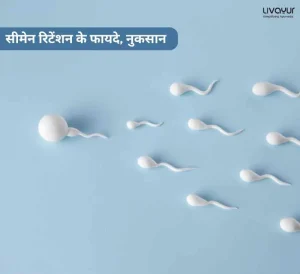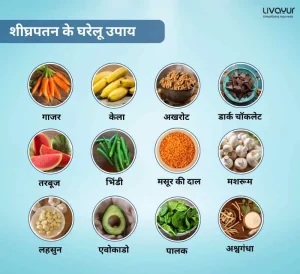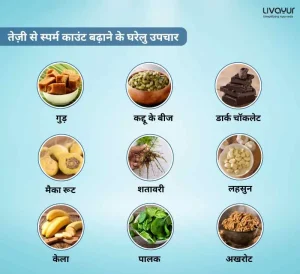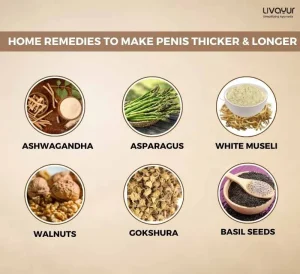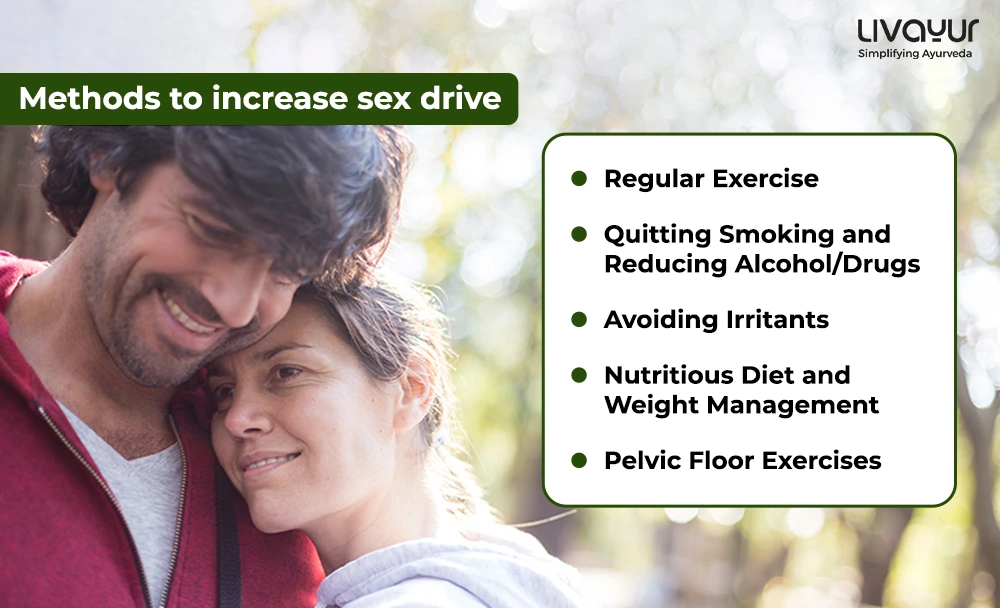
In Ayurveda, a woman’s vitality and balance are deeply intertwined with her sexual health. Menopause stands as a significant stage in a woman’s life, symbolizing the end of her reproductive years. Within the traditional framework of life stages – Bala, Madhya, and Vriddha – Rajonivritti falls into the Vriddha stage, dominated by Vata Dosha. This phase, accompanied by the cessation of menstruation, brings about natural changes as a woman transitions into postmenopausal life. [5]
Despite being a natural process, menopause can bring forth a range of challenging symptoms. Typically occurring around age 45, menopause is linked to a decrease in estrogen, analogous to the role of Pitta Dosha during the reproductive period. Understanding these transitions within the framework of Doshas provides a holistic view of menopause and its impact on a woman’s life. [5]
Navigating changes in sexual desire during menopause and beyond can be a significant part of a person’s journey. For many, this transition brings fluctuations in libido, which can be distressing. Studies show that very few older women are sexually active, and those who are active, have sex less often. It is natural for women to face challenges in staying sexually active after menopause.
However, there are natural and empowering ways to enhance and revitalize your sex drive during this phase of life. By incorporating simple lifestyle adjustments, fostering open communication, and considering specific therapies or supplements, it is possible to navigate this period with renewed vitality and intimacy.
In this article, we will explore the question of how to increase sex drive during menopause.
Post-menopause challenges faced by women
The decrease in estrogen levels postmenopausal impacts various aspects of a woman’s reproductive system. This hormonal shift affects the reproductive tissues, leading to issues like vaginal dryness, atrophic vaginitis, and painful intercourse (dyspareunia).
The reduced blood flow to reproductive organs causes diminished vasocongestion and several structural changes, including thinning of tissues, decreased muscle tone, and alterations in the bladder lining. Despite sexual activity being linked to mitigating some effects of estrogen loss, the decline in vaginal tissue health remains inevitable.
These physiological changes, often accompanied by discomfort or pain during intercourse, can lead to aversion and a decline in sexual desire. Persistent dyspareunia, lubrication issues, and orgasmic difficulties post-menopause affect a woman’s motivation for intimacy. Consequently, this may result in vaginismus, further complicating sexual relationships and potentially harming them. [1]
Methods to increase sex drive after menopause
Lifestyle measures
Regular Exercise:
Regular physical activity improves blood circulation, increases energy levels, and releases endorphins, which can positively impact libido.
Quitting Smoking and Reducing Alcohol/Drugs:
Smoking restricts blood flow, including to the genital area, impacting arousal. Limiting alcohol and recreational drugs helps maintain hormonal balance and overall well-being, vital for a healthy sex drive.
Avoiding Irritants:
Products containing harsh chemicals or fragrances can disrupt the vaginal pH, leading to irritation or infections. Opting for gentle, unscented products is beneficial.
Nutritious Diet and Weight Management:
A balanced diet with a substantial amount of fruits, veggies, lean proteins, and healthy fats supports overall health, including hormonal balance. Maintaining a healthy weight can also positively influence libido and well-being.
Pelvic Floor Exercises:
Kegels and other pelvic floor exercises can enhance blood flow to the pelvic region, strengthen muscles involved in orgasm, and even address issues like urinary incontinence.
Home Remedies
Black Cohosh (Cimicifuga racemosa):
This herb has been traditionally used to alleviate menopausal symptoms, including improvements in sexual function. It might help address hormonal imbalances linked to reduced libido during menopause. [3]
Ginkgo (Ginkgo biloba):
Studies suggest Ginkgo may offer positive effects on sexuality post-menopause. It is believed to enhance blood circulation, which could improve arousal and sexual function. [2]
Tribulus (Tribulus terrestris):
Tribulus is known to potentially increase testosterone levels in the body. Testosterone plays a major role in sexual desire, and some studies indicate Tribulus might be a safe alternative to hormonal medications, aiding in boosting libido. [4]
FAQs
1. What changes can occur in libido during menopause?
Libido often declines during menopause, potentially linked to hormonal shifts. Inadequate blood flow to the vagina can lead to dryness and vaginal atrophy. Symptoms like night sweats, hot flashes, and sleep disturbances might also contribute to this decrease. Stress from various life factors, such as work, family responsibilities, or health issues, can further impact libido during this phase.
2. Is it possible to revive a woman’s libido?
Yes, there are effective interventions available to reignite libido in women. Some helpful strategies include using lubricants, moisturizers, or low-dose vaginal estrogen to address dryness and discomfort. Hormonal therapy can also be beneficial for tackling reduced libido. Seeking guidance from a professional can provide tailored solutions to revitalize sexual desire.
3. What is the age at which a woman loses her libido?
While it is observed that sex drive often diminishes gradually as individuals age, this change is notably more prevalent in women during their late 40s and 50s. It is important to note that this experience varies widely among individuals due to a multitude of factors, such as hormonal fluctuations, lifestyle, and personal circumstances, making it a unique journey for each person.
4. What is the age at which the female sexual desire is highest?
In a woman’s life, the highest reported levels of sexual desire often occur during their 30s and early 40s. Research indicates that women between the ages of 27 and 45 often experience more frequent and vigorous sexual fantasies compared to younger or older age groups. They tend to engage in more sexual activity and are more inclined to initiate it earlier in a relationship compared to other stages of life.
5. Can menopause lead to a sexless marriage?
Menopause is a natural phase marking the cessation of a woman’s menstrual cycle, and it can notably influence a marriage, potentially contributing to a decrease in sexual intimacy. Hormonal shifts during menopause often lead to physical changes such as vaginal dryness, lowered libido, and discomfort during sexual activity, which can significantly affect a couple’s sexual relationship.
Conclusion
Navigating changes in sex drive during menopause and beyond involves a holistic approach. Prioritizing regular exercise, a nourishing diet, and stress management techniques can positively impact libido. Communication with your partner, exploring sensual touch, and incorporating extended foreplay can enhance intimacy. You can also consider therapies or exercises targeted at pelvic health that may contribute to improved sexual function. Seeking guidance from healthcare professionals ensures a personalized plan to address these changes and enhance your overall health and well-being.
Disclaimer
This article is written from a health and wellness perspective and is not medical advice.
Kindly seek the help of a certified medical practitioner before initiating any treatment.
Reference
- Management of Libido Problems in Menopause
- A systematic review of clinical trials on Ginkgo (Ginkgo biloba) effectiveness on sexual function and its safety
- Complementary and Alternative Medicine for Menopause
- Efficacy of Tribulus terrestris for the treatment of hypoactive sexual desire disorder in postmenopausal women: a randomized, double-blinded, placebo-controlled trial
- Rajonivruti (Menopause) – Ayurvedic point of view














